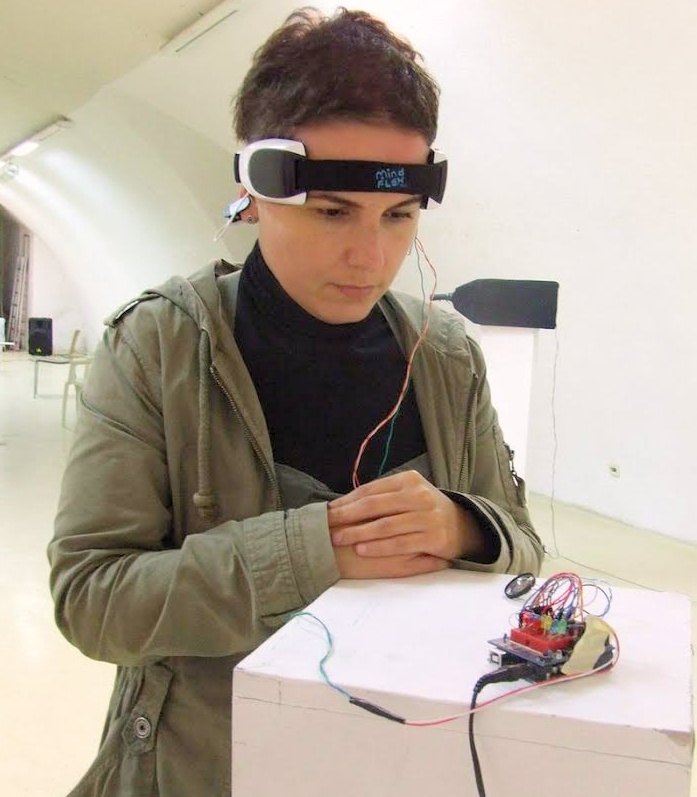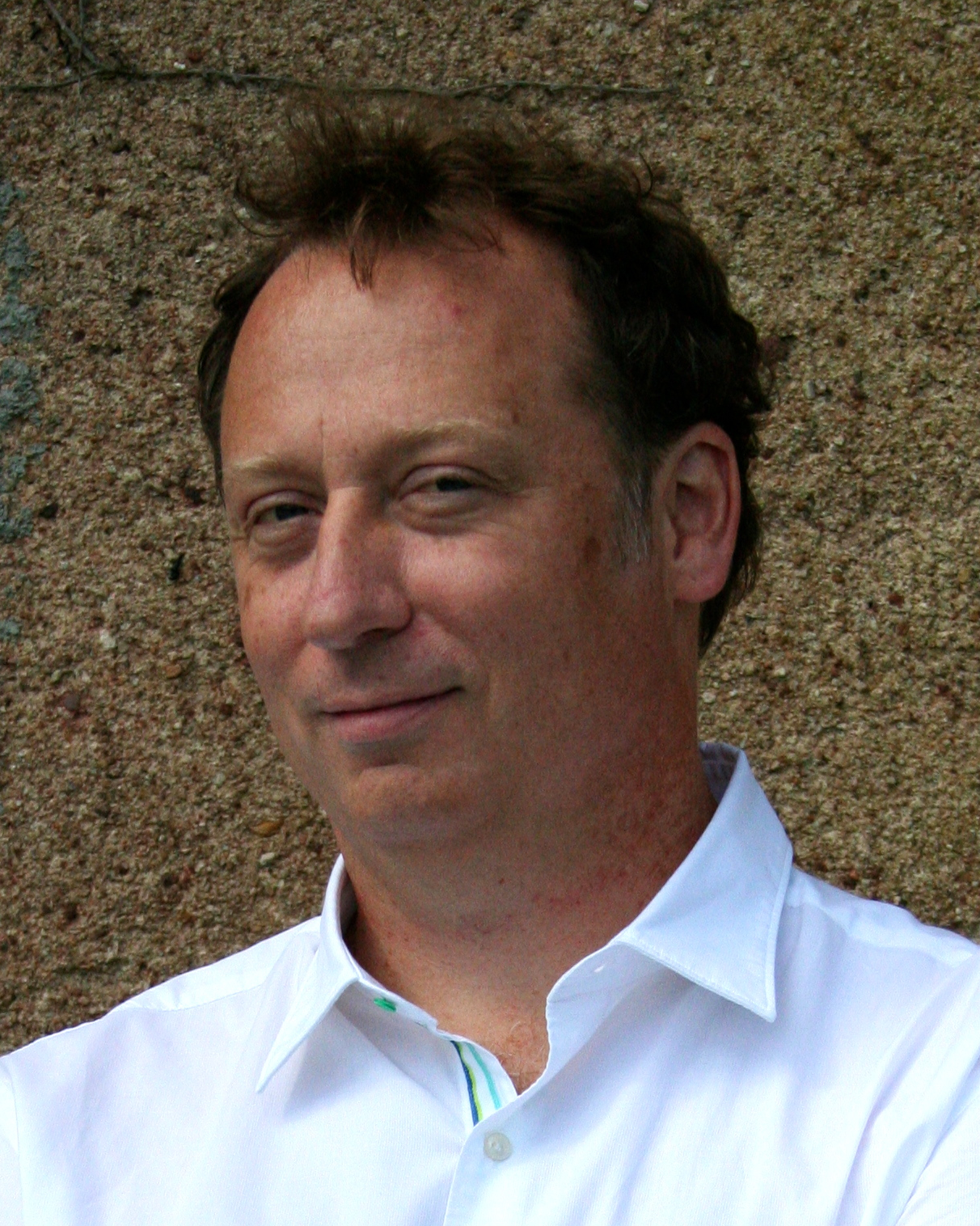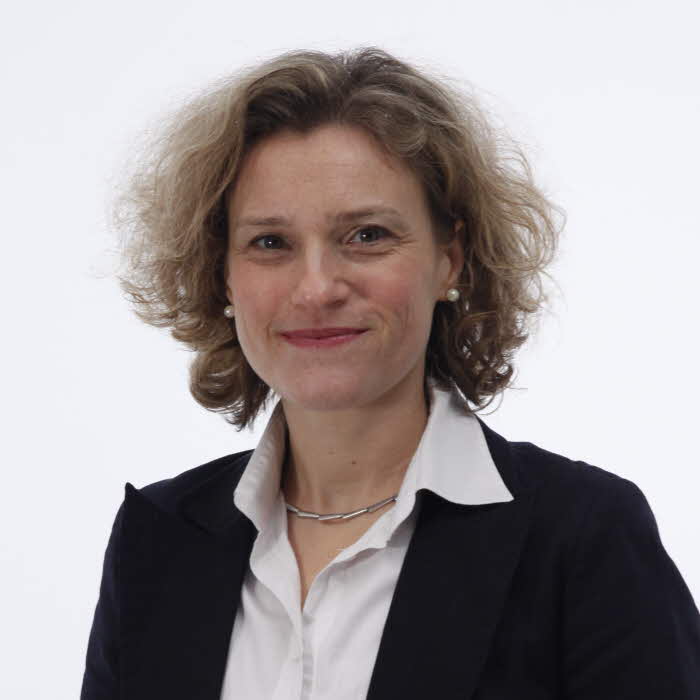Invited Speakers

Milijana Mičunović
Assistant Professor at Department of Information Sciences, Faculty of Humanities and Social Sciences at University of Osijek, Croatia
New industrial revolution, emerging technologies and information institutions: is there a roadmap to the future?
Abstract: There is a lot of talk lately about new industrial revolution (NIR), emerging technologies and economic metamorphosis and how they impact our professional and private lives. Many experts think that in order to respond successfully to our sociocultural evolution, organisations should be set up in a more decentralized and flexible way while relying on strong change management, cluster dynamics, interdisciplinary thinking, competency shift and dynamic digital environment, to name a few. They believe that our existing value chain will be quite disrupted by new driving forces.
But how do we respond? It is understandable that we need to rethink our educational and business models, but does that make us fully ready to meet this revolutionary paradigm shift? Is there a roadmap for information institutions to successfully participate in these new ecosystems? What are the incentives, actions and programs that best leverage all the change that awaits us?
About Speaker: Milijana Micunovic entered this dimension in 1978. As a child she liked to play and draw and she wanted to be a „computer expert”, „anthropologist”, „Carl Sagan”, „surgeon”, „painter”, and many more things. (She could never stick to just one thing, and still can't.) She finished school and college, worked a bit in library and other different places, and then decided it's time to come back to college. She teaches different courses (Figures.), likes to work with students, and some of her professional interests are human-technology interaction, cyber anthropology, communication, and free and open source technologies. Sometimes she just does nothing (justifying it more as a zen habit than as plain procrastination). She likes science, nature, art, philosophy, books, comics, movies, music, etc. She lives in Osijek with her husband and their two cat-lords. Until finally phoning home, she'll try to use her time to make the most out of this Earthly experience.

Frank Huysmans
Professor of library science at the department of Media Studies, Faculty of Humanities, University of Amsterdam
Creating public libraries for the future: How comparing library systems can help
Abstract: All over the world, both library professionals and policy makers are orienting themselves on the democratic, social and cultural roles that public libraries and public librarians can play in tomorrow’s societies and communities. Technological, social and cultural challenges are looming on the horizon. Will Artificial Intelligence fulfil its promise to make our daily searches for information easier? Is the stagnation in the e-book market of a temporary or a structural nature? Will social problems like low literacy and wide differences in digital skills deepen the division between population groups - younger versus older generations, natives versus immigrants? And, given these fundamental uncertainties, what can public libraries and librarians do to assist people from all walks of life to develop their talents?
In this lecture, I will argue and (to a certain extent) demonstrate that much can be learned from a comparative study of public library systems. Such a ‘system’ is to be understood as a historically grown conglomerate of values, norms, functions, laws and regulations, and practices that shape the public library’s guise and services. By comparing these systems cross-nationally, we can learn how they differ, and what these differences tell us about the underlying values, norms, etc. in the countries under study. This makes us see our ‘own’ public libraries in a different light: what was self-evident becomes contingent. Is lending out books the raison d’être of public libraries, or is it the public nature of the space where we interact with information and with people from other walks of life? Are we promoting reading, literacy, or personal development at large? Is the public library there to promote democracy, social inclusion, cultural integration, or all of the above? Results from cross-national comparative research will be shown as a starting point for the orientation on the future of public libraries and public librarianship.
About Speaker: Frank Huysmans (born 1970, the Netherlands) studied sociology and communication science at the University of Nijmegen (NL) (1987-1992) and completed a PhD in social sciences at the same university in 2001 on media use and the temporal organisation of daily life in families. From 2001-2010 he worked as (senior) researcher at the Netherlands Institute for Social Research (SCP), a leading government policy advisory institute. Since 2005 he holds an extraordinary chair in library science at the faculty of humanities of the University of Amsterdam. He worked as program manager in research and knowledge sharing at the Netherlands Institute for Public Libraries (SIOB) before becoming an independent researcher and policy advisor at WareKennis, The Hague. He is advisor on media, literature and library policy at the Dutch Council for Culture, which advises the ministry of education, culture and science in its cultural policy. He has (co-)written over 10 books and publishes in both academic and trade journals in library and information science as well as communication science. He is member of editorial boards of several scientific and professional magazines as well as columnist and blogger about innovating public information provision and policy. He plays guitar and bass in a local band, loves to discuss library and other matters over special beers, and spends so much time collecting books that no time remains to read them.

Koraljka Golub
Associate Professor, Head of the iInstitute, Digital Humanities Initiative Co-Leader, Department of Cultural Sciences Faculty of Arts and Humanities, Linnaeus University
From the Library and Information Science Department to the University-Wide Transdisciplinary iSchool: A Model of Linnaeus University
Abstract: The information field, or the iField, resorts to interdisciplinary approaches to enrich and facilitate generation, transfer and curation of data, information, and knowledge by the widespread use of technology in order to maximize the potential of humans. It is largely promoted by the iSchools organization (http://ischools.org). The idea to create an iSchool at Linnaeus University (LNU) was born in 2016, when LNU had already had a proven track of interdisciplinary and cross-institutional collaborations, both within the university and beyond, such as a Master program titled Innovation through Business, Engineering and Design and Data Intensive Sciences and Applications (DISA) Centre of Excellence. Inspired by the new models to bridge traditional disciplinary and institutional boundaries, the iField seemed like an excellent platform through which to connect traditionally disparate departments, disciplines and non-academic institutions, in order to jointly address complex future societal challenges. In 2017 a project grant was awarded to explore the potential and identify the benefits of starting an iSchool and joining the iSchools organization. The idea was met with enthusiasm at a sufficient number of levels that the acting vice-chancellor at the time proposed a formation of an institute which is today named Information Institute (iInstitute, https://lnu.se/en/iinstitute). It comprises 14 existing programmes at undergraduate, graduate and doctoral levels, of which 6 planned to be introduced from truly transdisciplinary perspectives of the iField, 4 research centres, and 1 collaborative node comprising over 200 IT companies. The iInstitute was approved membership in the iSchools organization in December 2017.
About Speaker: Koraljka Golub, associate professor, is the head of the iInstitute at Linnaeus University, Sweden. In addition, she works as an adjunct at iSchool of Charles Sturt University, Australia. Koraljka is also heavily involved in leading the development of a Master program in Digital Humanities, as part of the Digital Humanities Initiative at the university, which she started in 2015. Her primary research interests lie in the field of digital libraries, with particular focus on knowledge organisation in the context of information retrieval. The latter involves topics such as integrating existing knowledge organization systems with social tagging and/or automated subject indexing, and evaluating resulting end-user information retrieval. Koraljka takes part in teaching both campus and distance courses at Bachelor and Master levels in Library and Information Science at Linnaeus University, which includes the interdisciplinary Master programme in Cultural Sciences, and in PhD programme at the University of Zadar, Croatia. Further details of her teaching experience, research projects and related activities are available at her website.